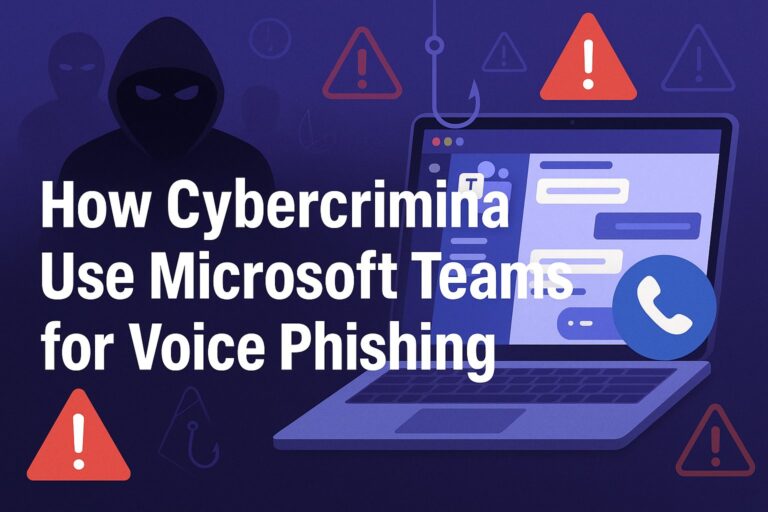Can My Business Use Consumer-Grade Firewalls?
This is a question we get a lot, and for good reason – who wouldn’t want to save a few bucks by using a consumer-grade alternative to the business-class standard, if it doesn’t make a difference? The problem is, it does. Here’s why you shouldn’t use a consumer-grade firewall.
It’s not uncommon for businesses to cut corners here and there. Especially when it comes to saving money, many businesses, new and old, will opt for the cheaper of two options if it means keeping costs down.
This is especially true when it comes to IT. More often than not, businesses will choose free, consumer, and trial-based options instead of buying outright, paying for licenses, or investing in the premium solution.
Where this may occasionally be a practical decision, say, in terms of choosing a cheaper option because it fits the scope of a small business, there’s one area in which this will always be the wrong choice – cybersecurity.
It should go without saying, but you’d be surprised how many businesses rely on cheap or free consumer-grade security software to keep them safe.
Case in point? The firewall.
What is a Firewall?
Before moving forward, let’s make sure we’re all on the same page about what a firewall really is.
Your firewall is your first line of defense for keeping your information safe. A firewall is a particular type of solution that maintains the security of your network. It blocks unauthorized users from gaining access to your data. Firewalls are deployed via hardware, software, or a combination of the two. Many businesses also employ data encryption for an extra layer of security.
A firewall inspects and filters incoming and outgoing data in the following ways.
- With Packet Filtering that filters incoming and outgoing data and accepts or rejects it depending on your predefined rules.
- Via an Application Gateway that applies security to applications like Telnet (a software program that can access remote computers and terminals over the Internet, or a TCP/IP computer network) and File Transfer Protocol Servers.
- By using a Circuit-Level Gateway when a connection such as a Transmission Control Protocol is made, and small pieces called packets are transported.
- With Proxy Servers: Proxy servers mask your true network address and capture every message that enters or leaves your network.
- Using Stateful Inspection or Dynamic Packet Filtering to compare a packet’s critical data parts. These are compared to a trusted information database to decide if the information is authorized.
Everything above is what you can expect from a consumer-grade firewall, more or less. But what about business-class firewalls?
What Do Business-Class Firewalls Offer That Consumer-Grade Firewalls Don’t?
The most popular business-class firewalls in use today are next-generation firewalls. These are hardware or software solutions used to detect and block complicated attacks. They enforce strict security measures at the port, protocol and application levels. Next-generation firewalls can detect application-specific attacks (traditional firewalls can’t). Therefore, they have the ability to prevent more malicious intrusions.
Next-Generation Firewalls perform a more in-depth inspection than standard firewalls. They perform inspections of state and active directories, virtual private networks and packet filtering. They also come with additional features like active directory integration support, SSH, and SSL inspection, as well as malware reputation-based filtering.
Business-Class Firewalls provide:
- Everything and more than standard firewalls.
- The ability to identify undesirable encrypted applications.
- Prevention against network intrusions.
- Intelligence in improving blocking decisions
- Intrusion prevention.
- A baseline for deviations from normal application behaviors.
What’s The Real Difference Between Business- and Consumer-Grade Firewalls?
Put simply? Their intended use.
Apply a little common sense and you’ll understand what the problem is here. Consumer-grade firewalls are only meant to protect a handful of users’ data. They’re meant for a simple network, with relatively low-traffic, and a low chance of attack.
On the other hand, you have business-class firewalls, which are developed with business use and purposes in mind. These firewalls are designed to protect against the threats that security vendors know businesses are dealing with.
Think of it this way – a professional photographer wouldn’t use a disposable camera to shoot commissioned portraits, right?
Whereas a disposable camera is sufficient for the everyday photographer in that it takes photos, it doesn’t even come close to offering the level control and range of capabilities that a paid professional needs in order to produce truly stunning photography.
The same is true of your firewall.
How Should You Select The Right Business-Class Firewall?
While you may understand that you need a business-class firewall, now you have to go about getting one.
It’s a lot of work to handle it on your own – but you don’t have to.
Instead, you can choose to work with a trusted, expert IT services company like Alliance Technology Partners. We have experience working with firewalls, cybersecurity technology, and businesses like yours – we can help you make the right choice, and handle the set-up for you from beginning to end.
Like this article? Check out How To Ensure A Secure Home Network, Implementing Data Security For Your Small Business, or Google Shutting Down Google+ to learn more.


